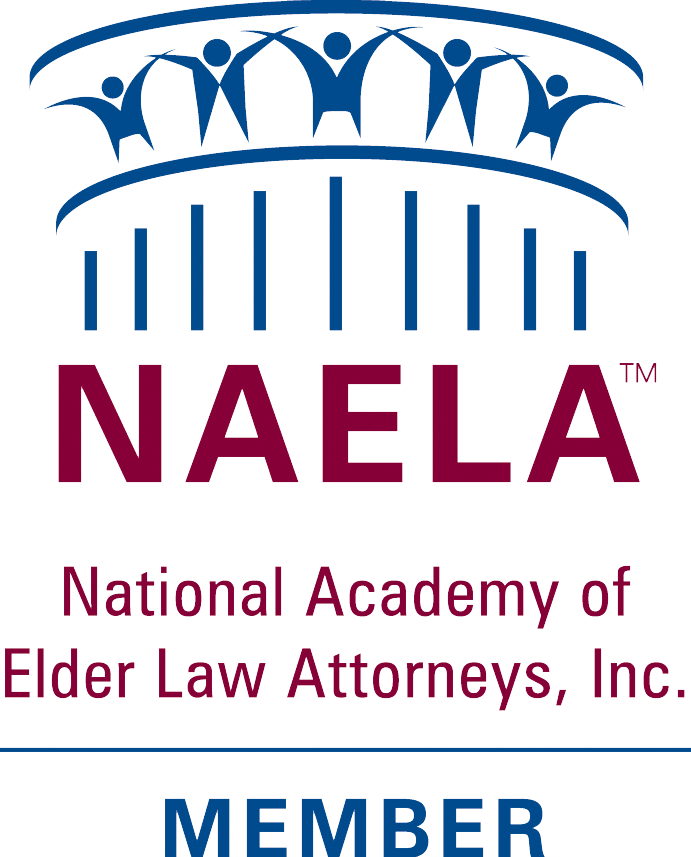 As an Elder Law Attorney, many of my clients plan to protect their assets because they fear nursing home expenses, but it is much more likely that a person will require home care services then nursing home services. Home Care services involves receiving in-home care, usually a Home Attendant, to help a person with their daily needs. In most cases, Medicare and private health insurance do not cover long term home care, so a person who needs a Home Attendant on a permanent basis must either pay privately for their care or attempt to become eligible for Medicaid. The cost of paying privately for a Home Attendant is often very costly. A person who needs 24 hour care can easily spend $5,000 a month paying privately. Therefore, it is often better to try to become eligible for Medicaid to pay for Home Care Services. The rules for eligibility differ depending on which state you live in. In New York, a person must have less than $14,850 in resources in order to apply for Medicaid.
As an Elder Law Attorney, many of my clients plan to protect their assets because they fear nursing home expenses, but it is much more likely that a person will require home care services then nursing home services. Home Care services involves receiving in-home care, usually a Home Attendant, to help a person with their daily needs. In most cases, Medicare and private health insurance do not cover long term home care, so a person who needs a Home Attendant on a permanent basis must either pay privately for their care or attempt to become eligible for Medicaid. The cost of paying privately for a Home Attendant is often very costly. A person who needs 24 hour care can easily spend $5,000 a month paying privately. Therefore, it is often better to try to become eligible for Medicaid to pay for Home Care Services. The rules for eligibility differ depending on which state you live in. In New York, a person must have less than $14,850 in resources in order to apply for Medicaid.
However, there is no “look back” period if you are applying for Home Care Medicaid benefits in New York. This means that you can give away assets (usually to an irrevocable trust, or family members) and there will be no penalty period and you can be eligible for Home Care Medicaid immediately. The “look back” in New York does apply to Nursing Home applications, not Home Care. In most cases, income is also not an impediment to obtaining Home Care Services through Medicaid. In New York, there is a program known as the “pooled income trust”, which can also be used to shelter excess income. Therefore, if you have assets and/or own a home and you’re a New York resident, you can transfer the assets and become eligible for Medicaid Home Care Services without a penalty. It is often better to make these transfers to an Irrevocable Living Trust so that the assets can continue to be held for your benefit. Unfortunately, many people do not get the right advice when they are in these situations and end up privately paying for Home Care services when they are often able to obtain Medicaid to pay for these services. You should consult with an experienced Elder Law Attorney in your area to get advice on these rules and transfers.
You can email your questions to [email protected]

